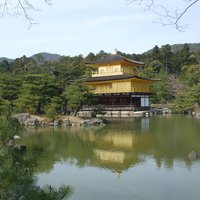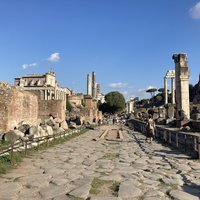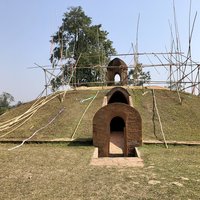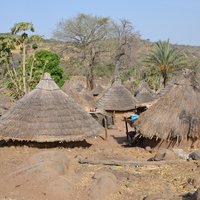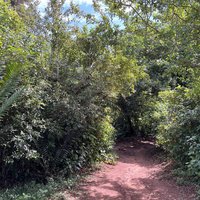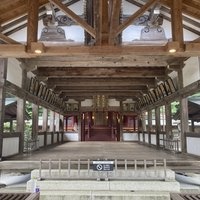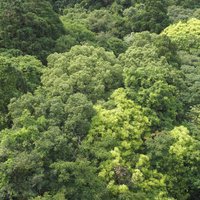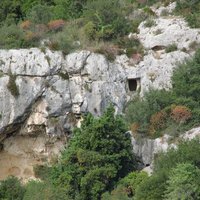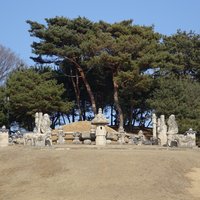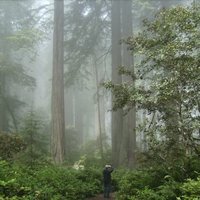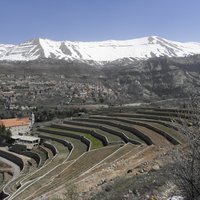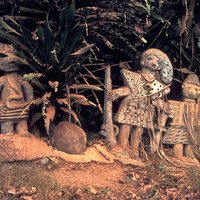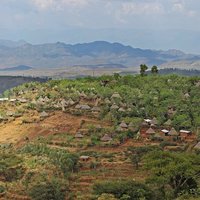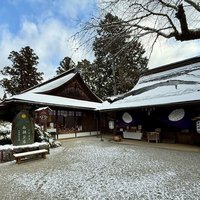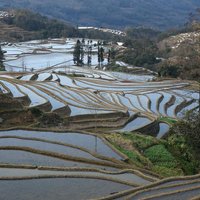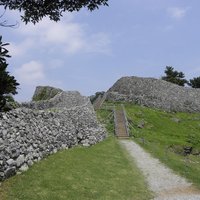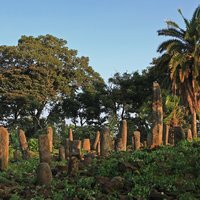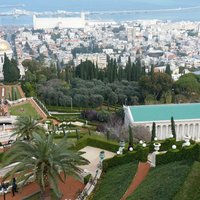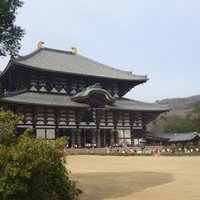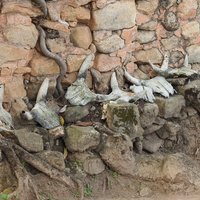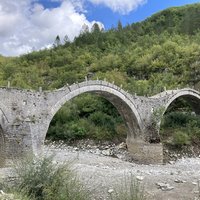Connected Sites
-
Kamigamo Shrine and the Shimogamo Shrine
-
A sacred grove behind the House of the Vestal Virgins on the edge of the Roman Forum lingered until its last vestiges were burnt in the Great Fire of Rome in 64 CE.
-
"The Tai-Ahom created moidams ("home-for-spirit") that work with the natural features of hills, forests, and water, creating a sacred geography by accentuating the natural topography. Sacred trees were planted and water bodies were created." - AB Evaluation
-
"ICOMOS observes that the preservation of the landscapes and their settlement pattern, along with the traditional architecture, the sacred forests, the sanctuaries etc bear credible witness to .." (AB ev)
-
Precinct of the Sacred Tree (Yala Nkuwu), in whose shade the sovereigns delivered justice.
-
"The remains of the villages, and their surrounding forests have now assumed a symbolic significance and are revered as sacred sites" (AB ev)
-
"On the northern part of the island is preserved a primeval forest which is revered as a shrine forest." (AB ev)
-
'Yakusugi' were revered as sacred trees (unesco website)
-
Altar of Hieron: "To the west of the altar there was a rectangular open space with a water-proofed basin in the centre, surrounded by a u-shaped stoa. (...) In Augustan times, this open space was planted with trees in order to turn it into a sacred grove." (wiki)
See en.wikipedia.org
-
Gwangneung Forest was considered sacred during the Joseon Dynasty. The forest was protected and served as an ideal location for Gwangneung, a royal tomb constructed under Confucian principles.
-
Places of importance to contemporary Native Americans with traditional ties to park lands consist of villages, cemeteries, sacred/ceremonial sites and certain natural resources use areas and the park authorities consult Native American Advisory committees on the use of cultural and natural resources. - AB Document
-
"The ancient text known as the Epic of Gilgamesh, found in central Mesopotamia, makes reference to this forest and describes the Cedars of Lebanon as sacred trees." (AB)
-
-
three main sacred Poqolla forests (AB ev)
-
Nachi Primeval Forest, part of WHS, is a 32 hectare sacred forest covering much of the area to the east of Nachi no Otaki, the sacred waterfall .
-
The sacred forests still have strong connotations. Above the village are places for the Village God 'Angma' (the soul of the village) and for the Land Protection God 'Misong', where villagers pray for peace, health and prosperity. (whc)
-
"The Seifa-utaki ... consists of a triangular cavern formed by gigantic rocks, and contains a sacred grove with rare, indigenous trees like the Kubanoki (a kind of palm) and the yabunikkei or Cinnamomum japonicum (a form of wild cinnamon). Direct access to the grove is forbidden." (Wiki)
-
"Parts of the natural forest are set aside as sacred areas for ritual purposes" (AB ev)
-
sacred groves (AB ev)
-
Ridwan Garden is an imitation of Paradise
-
Kasugayama Primeval Forest: ".. a sacred forest where no hunting or tree-felling has been permitted since 841." (AB)
-
"sacred woods consist of indigenous plants and, in a manner now absolutely rare on the Hautes Terres, represents in residual form the natural forest which once covered this and other hills"
-
"some are still surrounded by sacred forests maintained by local communities." (AB ev)

